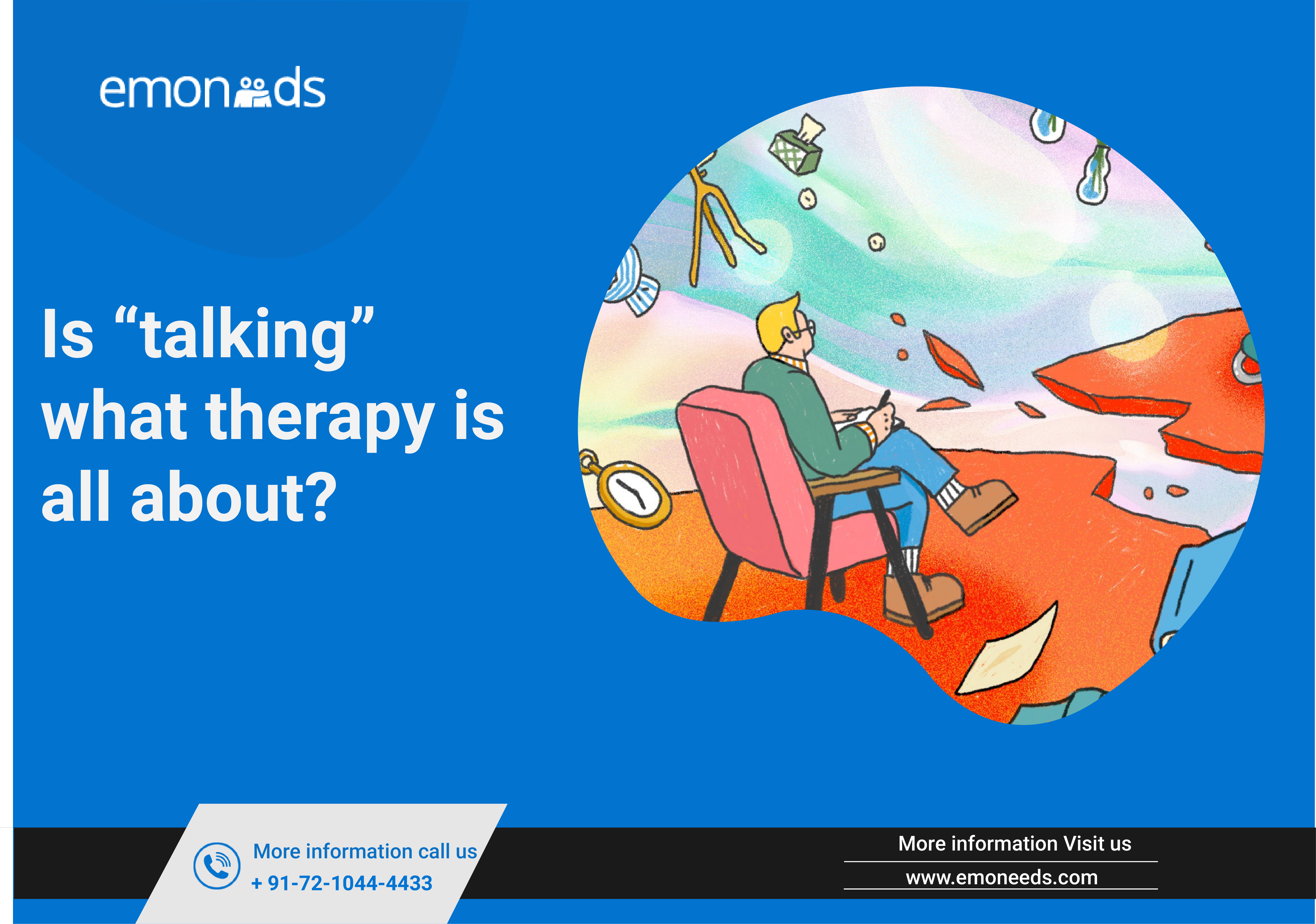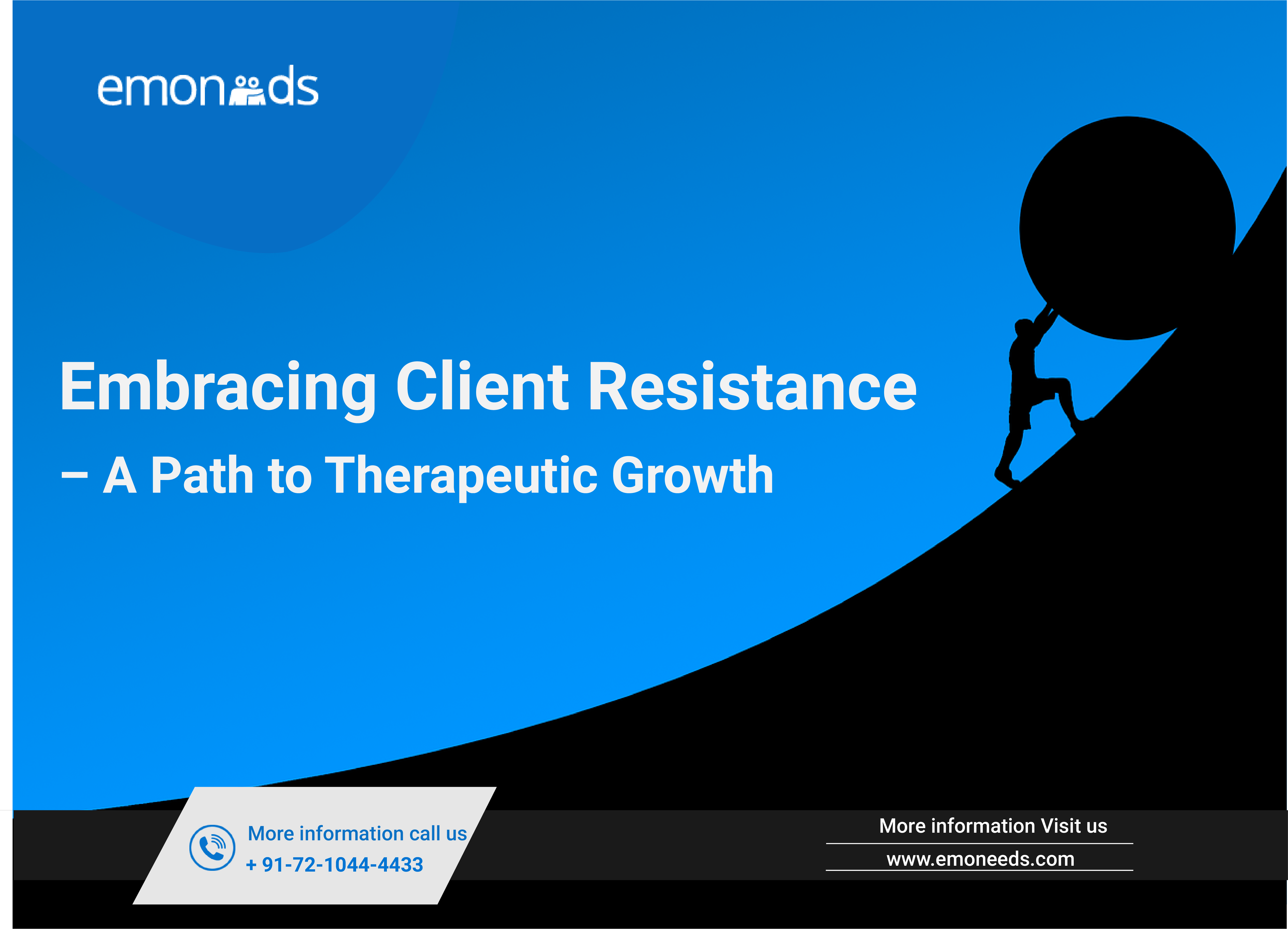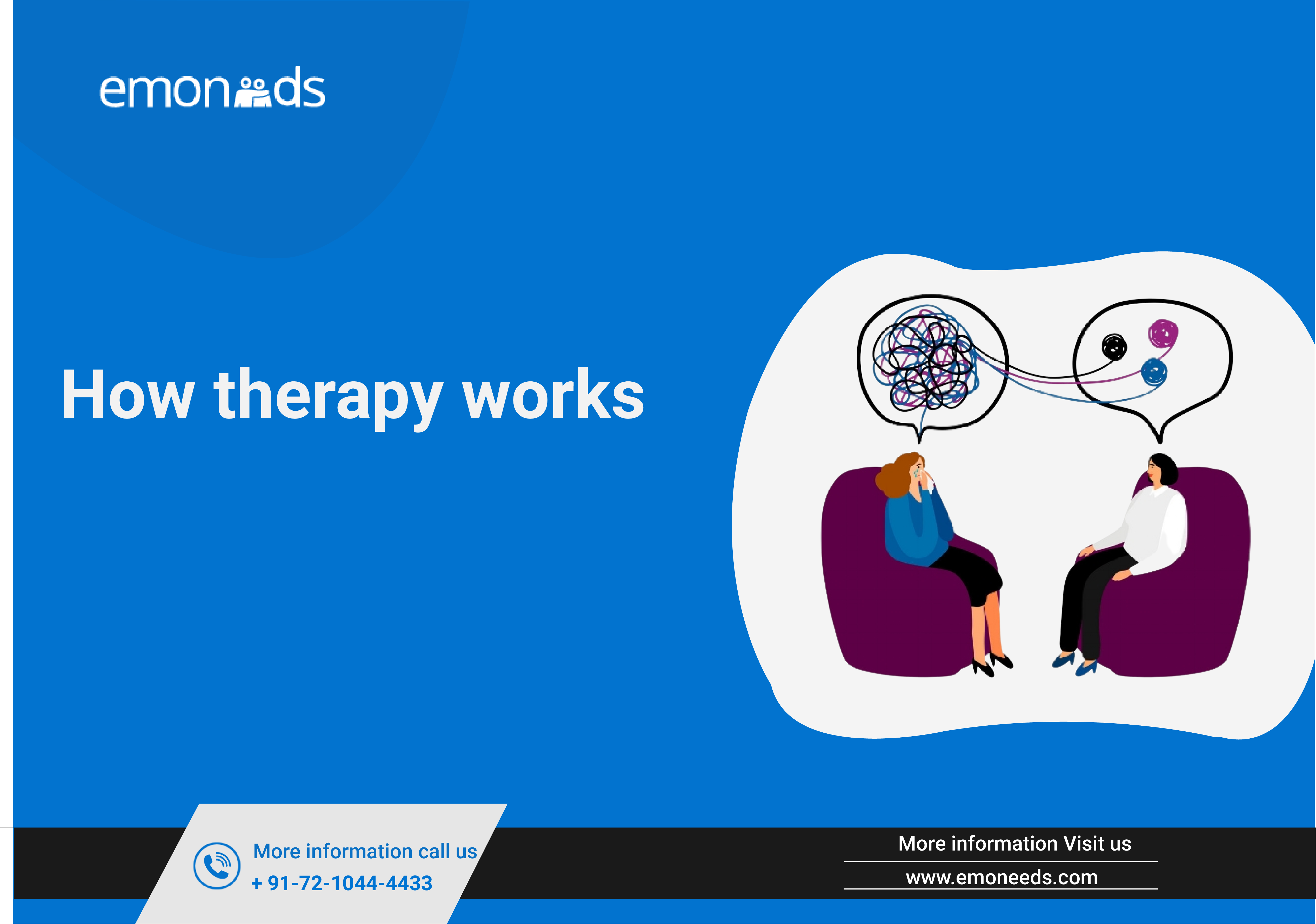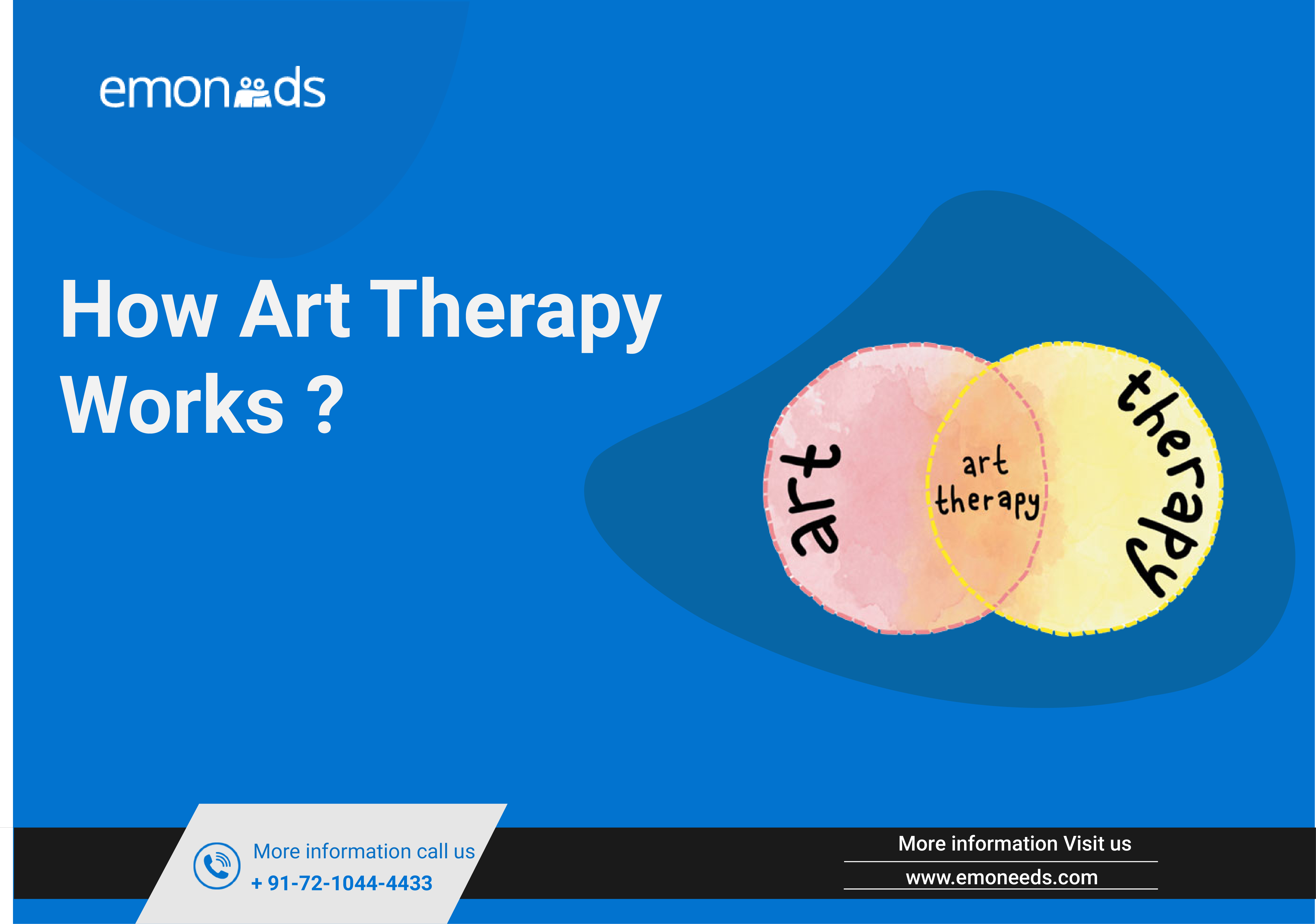- August 24, 2023
- Saloni Kabra
- 0
Table of Contents
ToggleWritten by: Vineeta Motiani
Steve Hayes has defined Acceptance and Commitment Therapy as:
- “ACT is a functional contextual therapy approach based on Relational Frame Theory which views human psychological problems dominantly as problems of psychological inflexibility fostered by cognitive fusion and experiential avoidance. In the context of a therapeutic relationship, ACT brings direct contingencies and indirect verbal processes to bear on the experiential establishment of greater psychological flexibility primarily through acceptance, defusion, establishment of a transcendent sense of self, contact with the present moment, values and building larger and larger patterns of committed action linked to those values.”
- “ Said more simply, ACT uses acceptance and mindfulness processes, commitment and behavior change processes to produce greater psychological flexibility. Acceptance and commitment therapy (ACT) is considered a “third wave” cognitive behavioral therapy (CBT), a new generation of psychological therapies developed to overcome potential limitations of traditional “second wave” CBT treatments (behavioral therapy is considered “first wave”). ACT extends and deviates from traditional CBT by emphasizing components of mindfulness, personal values, and committed action as key components of the psychotherapy.
ACT for major depressive disorder (MDD)
Experiential avoidance is considered the underpinning of psychological distress in ACT. ACT is grounded in relational frame theory (RFT), which suggests that processes such as avoidance and suppression are built into human language and cognition (Hayes, 2004). ACT challenges the Western assumption of “healthy normality” as the absence of distress; symptom reduction is not a primary goal of ACT. Rather, the ACT framework considers suffering a normal by-product of living that is tolerated in the pursuit of a meaningful life.
- Learn about mindfulness skills and practice exploring the usefulness and misconceptions about Mindfulness.
- Be introduced to willingness and acceptance as alternatives to experiential control.
- To expand the mindfulness exercises to the performance of daily activities.
- Clarify personal values and identify value-congruent goals
- To increase willingness to experience unwanted thoughts and feelings surrounding persistent committed action

The Essence of act - Psychological Flexibility
Psychological flexibility is contacting the present moment fully as a conscious, historical human being, and based on what the situation affords changing or persisting in behavior in the service of chosen values.
Accept: What is there to be experienced, fully and without defense, for what it is, not what it says it is. · Choose: Based upon your closely held values, choose what you would like to be about here.
Take Action: Engage in committed actions that embody your values, “inhaling” the distressing personal content as it appears.
Psychological Rigidity and Suffering
- Verbal and cognitive processes limit human ability to adapt to new conditions in important ways via experiential avoidance and fusion (cognitive entanglement).
- The range of behavioral actions are thus limited.
- Loss of contact with present consequences of actions.
- Inability to realize what is working and not working (what is most effective) and inability to change course.
- Continued fusing with analysis of difficulties coupled with avoidance of aversive conditions lead to further behavioral restrictions.












